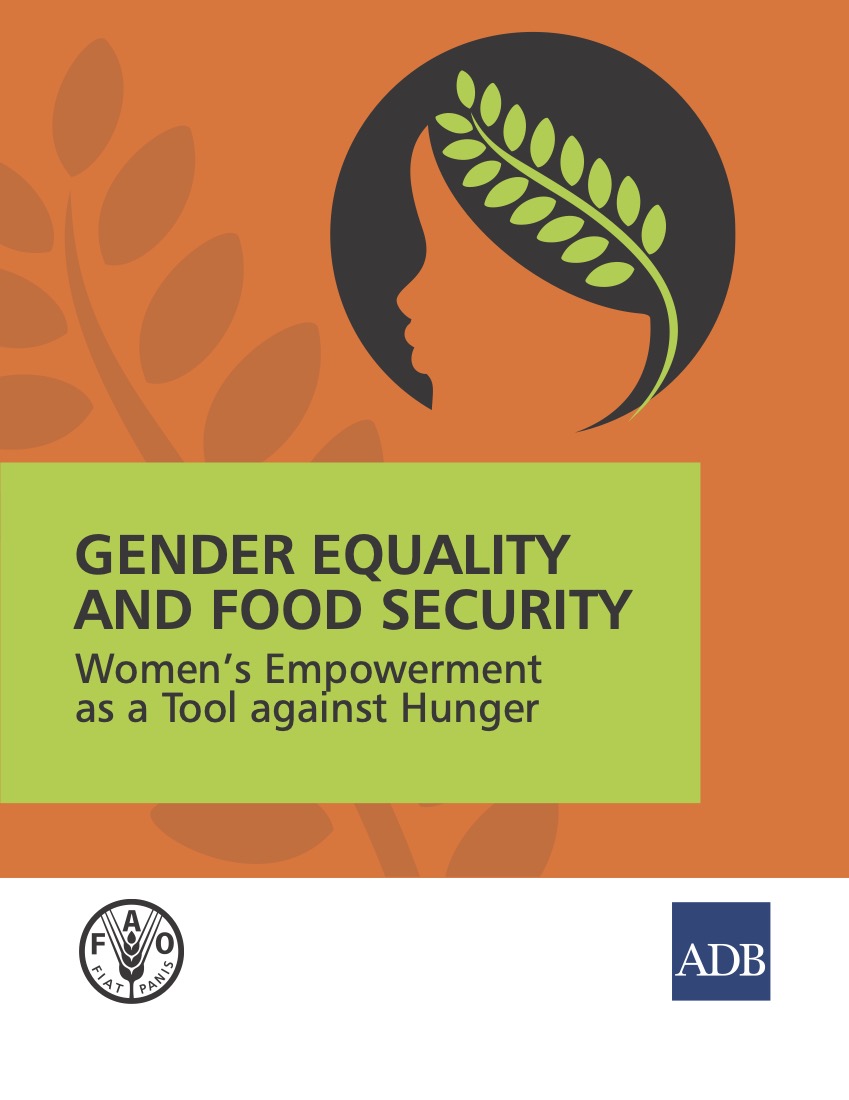Mesoamerican coffee: building a climate change adaptation strategy
In Mesoamerica, coffee is an important part of agricultural GDP and export revenues which supports about half a million farmers, and employs millions of people on the farms and all along the supply chain. This policy brief summarises the potential risks and impacts of climate change on coffee farming in the region. Traditional coffee agroforests provide important ecosystem services and conserve significant carbon stocks.






